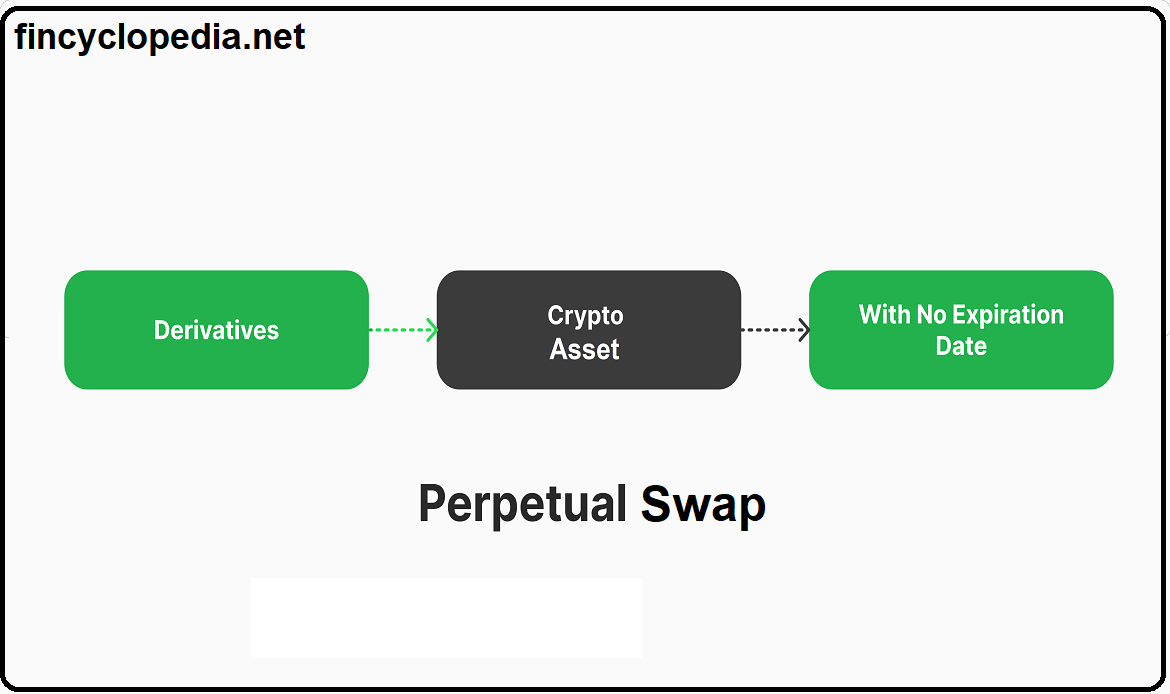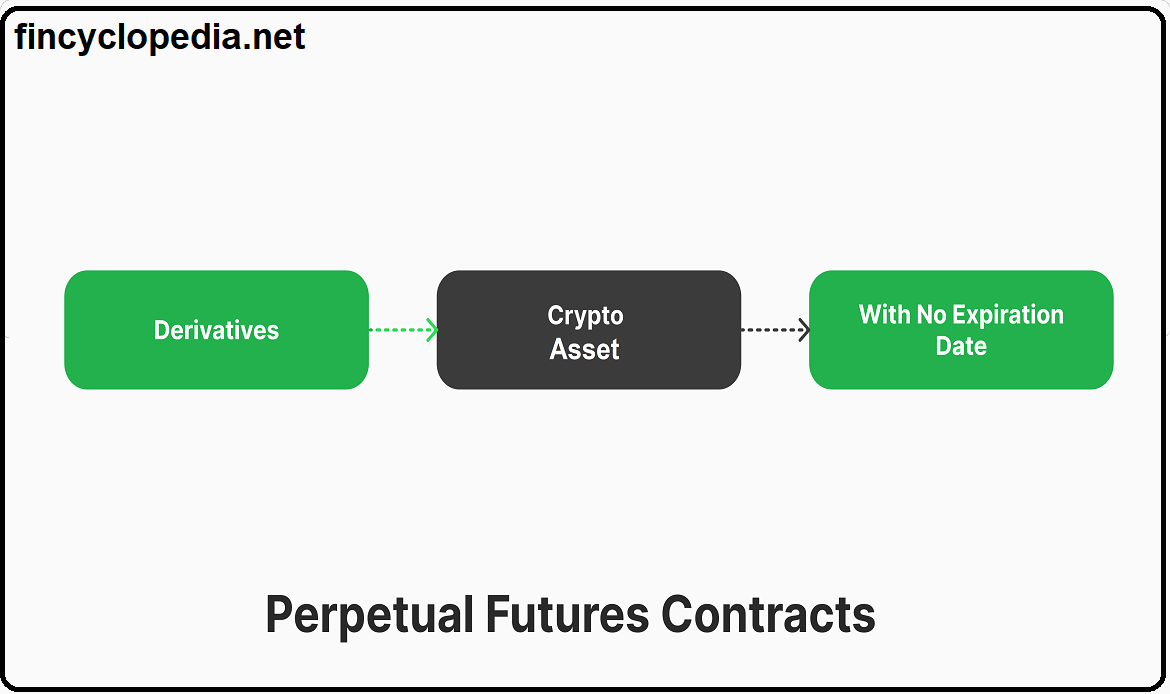A party to a credit default swap (or any other type of swap) that takes on the credit risk of a reference entity/ asset in return for an agreed series of payment (insurance premium) by the counterparty (known as a protection buyer)..
In the case of a credit default swap (CDS), where only default is traded, a protection buyer typically holds or owns a bond issued by a third party (the credit or bond issuer) and seeks to buy protection or insurance against default. The protection is provided in a way that the protection buyer pays the protection seller a series of periodical payments over the term of the contract. If it happens that the bond issuer defaults, the protection seller compensates the protection buyer for any losses associated with the default, and the contract ceases to exist. The compensation constitutes the face value of the bond in question paid by the protection seller to the protection buyer. In return, the seller accepts a deliverable bond issued by the reference entity (the issuer).
If the swap involves trading default, credit deterioration, and market risk, which is the case of a total return swap (TRS), the protection seller covers any decrease (depreciation) in the asset price during periodic observation intervals (to the benefit of the protection buyer). Protection also means that the seller will compensate for any changes in asset price in addition to an adjustment linked to prevailing rates (e.g., LIBOR) plus a spread. The protection buyer has to make periodical payments in connection with any appreciation as well as the coupon attached to the underlying bond or reference asset.




